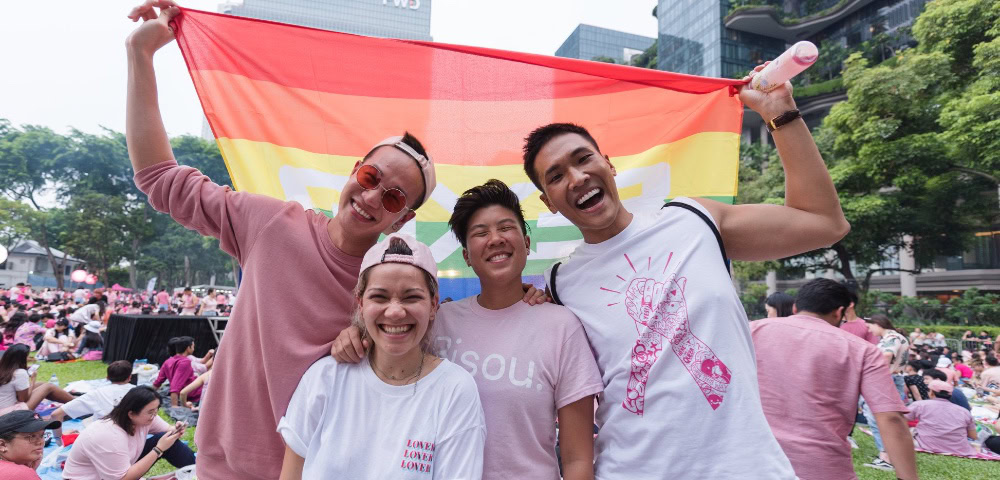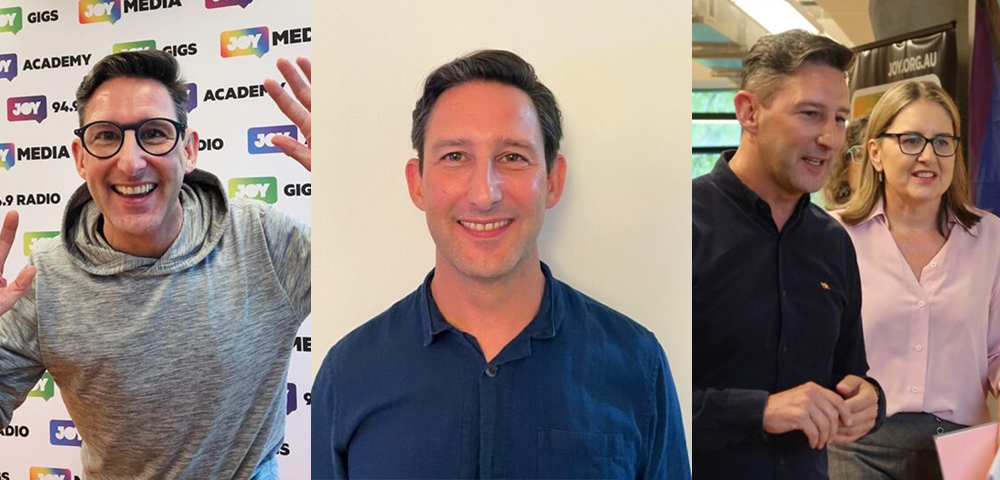
Singapore Conducts First Ever Public Survey On LGBT Issues

A Singapore government survey seeking feedback from the public about LGBTQI issues and section 377A that criminalises same-sex relationships has received over 30,000 responses.
According to the Strait Times, the “overwhelming” response to the survey that closed on March 23 exceeded other surveys carried out by the government’s feedback unit REACH.
The survey follows the country’s top court refusing to strike down section 377A and leaving it to the Parliament to repeal the law.
Subsequently, on March 3, Law and Home Affairs Minister K. Shanmugam told the Parliament that the government was looking to the best way forward with regards to the law.
“We must respect the different viewpoints, consider them carefully, talk to the different groups. If and when we decide to move, we will do so in a way that continues to balance these different viewpoints and avoids causing a sudden, destabilising change in social norms and public expectations,” said the Minister.
‘We Wish To Hear Your Thoughts’
The survey by REACH said: “We wish to hear your thoughts about the LGBT+ community in Singapore.” It added that the results would be shared “with relevant agencies and could be used within the government for policy updates and changes”.
The survey asked the participants if they identified as LGBTQI or supported the community. Another question asked whether section 377A ought to be repealed, maintained or modified. Those identifying as LGBTQI were asked further questions about whether they felt accepted in Singapore and what their quality of life was like. LGBTQI participants were also asked if they were treated differently because of their sexual orientation or gender identity and the challenges they faced in society.
LGBTQI advocacy organisation Pink Dot had exhorted community members to participate in the survey. “This survey is an opportunity for us to make our concerns known to people in power, even if they are imperfect tools in capturing the complexity and nuances of our lived experiences. Our contributions to this outreach can provide useful insights for our policymakers and help inform decisions will impact all of us for years to come,” the group said in a post on social media.









